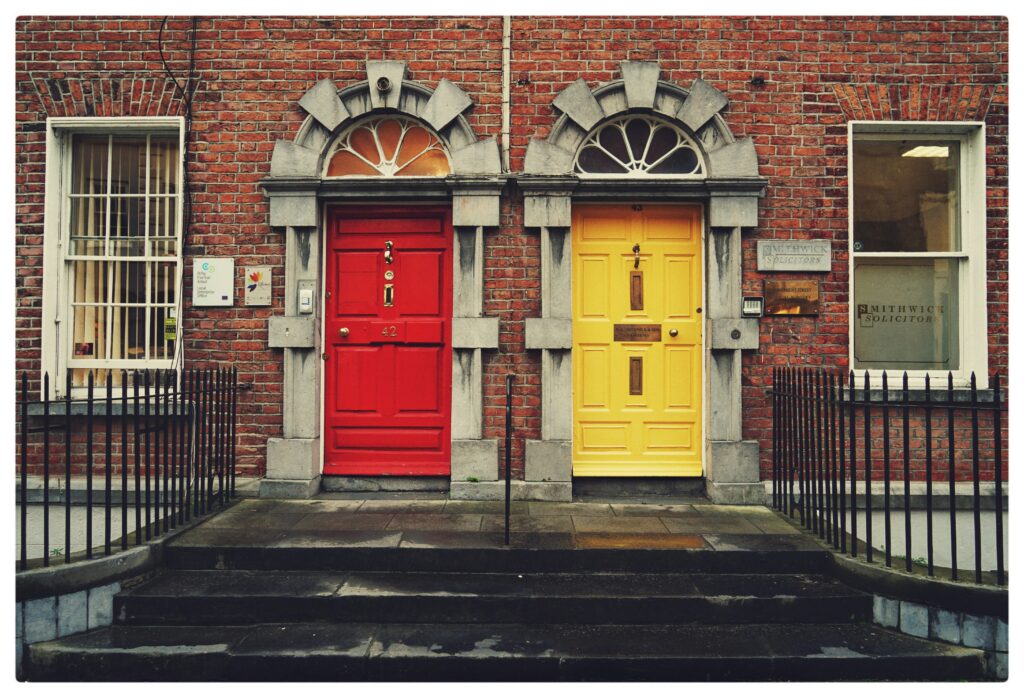“If you want to make a wrong decision, ask everyone.” — Naval Ravikant
What about you—do you tend to ask people around you before making a decision, or do you end up regretting not seeking enough opinions? Either way, it almost feels like a lose-lose situation, doesn’t it?
The Paradox of Choice

Amidst my mindless Instagram scrolling ritual, I stumbled upon this quote and suddenly, my brain did that thing it rarely does when I’m deep in reel-land—it paused. It told me, “Hey, this could be the perfect bait to break your writer’s block.” And just like that, the fog lifted. You see, I’ve always enjoyed poking holes in conventional thinking. There’s a strange joy in challenging worn-out beliefs and replacing them with ideas that feel fresh, earned, and more in tune with who we are becoming. So, today, let’s talk about the paradox of choice.
More Opinions, More Confusion
We live in a world where everything is crowdsourced—our meals, our workouts, our holiday plans, even our life decisions. Stuck at a crossroads? Drop a poll on your story. Text five friends. Maybe ask Reddit while you’re at it.
It feels like we’re being efficient when we do this. We get this dopamine hit which acknowledges our efforts. While in reality, we’re just afraid to choose alone. Naval Ravikant’s quote slaps because it exposes this collective fear that we’re terrified of making the wrong choice, so we ask everyone—and end up more confused than when we started. And the reason for that is simple, you don’t have to be an academic genius to understand it. Here’s the thing: every person you’re asking is filtering your question through their lens—their fears, their dreams, their regrets. Not yours!
When Clarity Becomes a Casualty
Let’s be real, decisions aren’t hard because we lack information. They’re hard because we drown in it. We read think-pieces, watch YouTube breakdowns, swipe through success stories, and over time, the signal gets lost in the noise. Our own voice—the one we were supposed to trust—starts sounding like a faint whisper in a room full of megaphones.
Ironically, the more perspectives we gather, the less confident we become. We start second-guessing, delay the task or look for signs, for more “alignment,” for permission. And before we know it, we’ve handed over the steering wheel of our life to a committee that was never meant to drive it.
Why We Do It Anyway
Let’s not pretend it’s irrational. There’s a strange comfort in shared responsibility. If the decision bombs, at least you can say, “Well, I asked everyone.” That’s easier than saying, “I followed my gut, and it didn’t work out.”
But growth doesn’t come with disclaimers. Owning your decisions—especially the unpopular ones—is part of becoming someone who trusts themselves more than the crowd.
Quiet > Consensus
The best decisions I’ve ever made? They were born in silence. In long drives with no music. In journaling sessions where I finally admitted what I really wanted—not what looked impressive or acceptable or logical. Silence forces you to face your truth. And once you’ve done that, you start seeing how much of your “confusion” was actually just fear dressed as indecision.
Use People as Mirrors, Not Maps
Now don’t get me wrong—seeking advice is not the enemy. In fact, asking the right person at the right time can save you from years of unnecessary detours. But here’s where it gets tricky: are you asking for clarity, or for a shortcut?
That’s where the distinction between mirrors and maps comes in.
A map tells you where to go. It gives you fixed directions. It assumes there’s one best route, one final destination, and that the same road works for everyone. When you treat people like maps, you’re essentially asking them to choose for you. You’re outsourcing the risk, the responsibility, and often—your authenticity.
But life isn’t a highway with clear signboards. It’s more like a dense forest where no two people walk the exact same trail.
That’s why mirrors matter more.
A mirror doesn’t give directions. It gives clarity. It reflects who you are in that moment. When you talk to someone who’s acting like a mirror, they don’t throw their playbook at you. Instead, they ask questions that push you to think. They reflect your blind spots. They hold space for you to process, without hijacking your process. They’re not trying to be right; they’re trying to help you get real.
So where do you draw the line?
Ask yourself this:
“Am I looking for someone to validate what I already want to do, or am I open to being challenged in a way that helps me understand myself better?”
If you want validation, you’re probably searching for a GPS. If you want truth, you’re looking for a mirror.
And honestly, it’s okay to crave a little bit of both sometimes. We’re human. But just be aware of what you’re really seeking—directions or self-awareness—because only one of them will lead you somewhere original.
Choosing Alone Isn’t Lonely
There’s a strange kind of peace that comes from saying, “This is my decision. Fully mine.” It might not be perfect. It might ruffle feathers. But it’s real. It’s you learning to listen to your internal compass, not the world’s weather report.
So next time you feel stuck and tempted to outsource your choice to everyone with a Wi-Fi signal—don’t. Take a breath. Sit with it. Ask your own mind first. And you will find a win-win situation.
